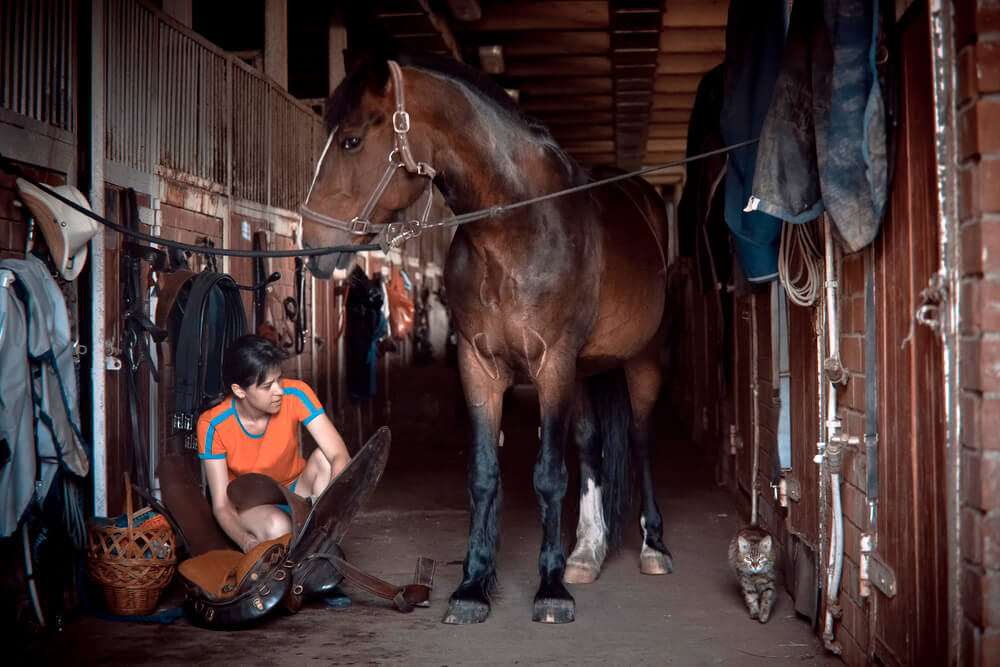

As privies spread to the residences of ordinary citizens they were often built in backyards with rear access or alleyways, to avoid the need to carry barrels of waste through the house to the street. Īfter being dug out, the solid waste was removed in large barrels or pipes, which were loaded onto a horse-drawn cart.
ELECTRO GROOM HORSE VACUUM BAG FULL
Gong farmers usually employed a couple of young boys to lift the full buckets of ordure out of the pit and to work in confined spaces. They were permitted to live only in specified areas, and were sometimes overcome by asphyxiation from the noxious fumes produced by human excrement. They were only allowed to work at night, between 9pm and 5am. Those employed at Hampton Court during the time of Queen Elizabeth I, for instance, were paid sixpence a day-a good living for the period-but the working life of a gong farmer was "spent up to his knees, waist, even neck in human ordure".
ELECTRO GROOM HORSE VACUUM BAG SERIES
Working conditions ĭespite being well-rewarded, the role of gong farmer was considered by historians on television series The Worst Jobs in History to be one of the worst of the Tudor period. In the late 15th century they charged two shillings per ton of waste removed. It was the job of the gong farmers to dig them out and remove the excrement. Ī foul odour from cesspits was a continual problem, and the accumulation of solid waste meant that they had to be cleaned out every two years or so. Cesspits were not watertight, allowing the liquid waste to drain away and leaving only the solids to be collected. Some had wooden chutes to carry excrement from the upper floors to the cesspit, sometimes flushed by rainwater.

Cesspits were often placed under cellar floors or in the yard of a house. Local regulations were introduced to control the placement and construction of private latrines. Towns usually provided public latrines, known as houses of easement, but numbers were limited: in London towards the end of the 14th century, for instance, there were only 16 for a population of 30,000. "Gong" is derived from the Old English gang, which means "to go".

The job of emptying cesspits today is usually carried out mechanically using suction, by specialised tankers called vacuum trucks. The waste they collected, known as night soil, had to be taken outside the city or town boundary or to official dumps for disposal.įewer and fewer cesspits needed to be dug out as more modern sewage disposal systems, such as pail closets and water closets, became increasingly widespread in 19th-century England. As the work was considered unclean and off-putting to the public, gong farmers were only allowed to work at night, hence they were sometimes known as nightmen. The word "gong" was used for both a privy and its contents. Gong farmer (also gongfermor, gongfermour, gong-fayer, gong-fower or gong scourer) was a term that entered use in Tudor England to describe someone who dug out and removed human excrement from privies and cesspits. Eighteenth-century flyer advertising the services of John Hunt, nightman and rubbish carter, showing two men carrying one of the pipes used to remove human excrement


 0 kommentar(er)
0 kommentar(er)
